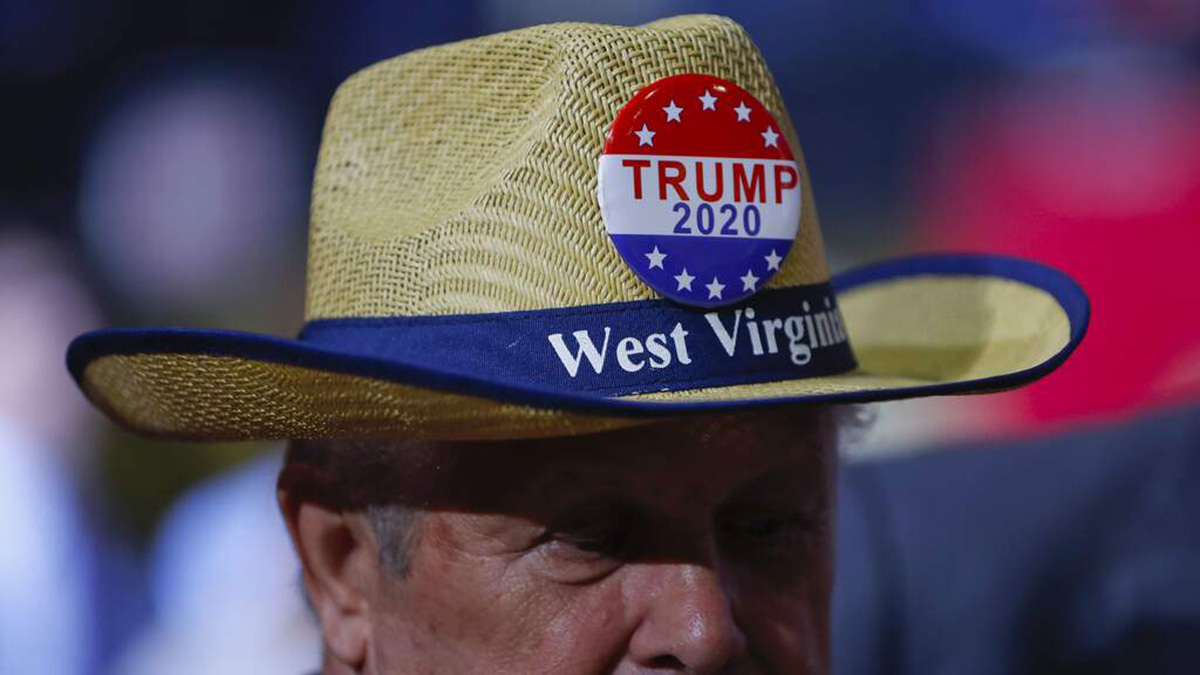Can the sale of fake merchandise in China predict the outcome of the US elections?
Analysts are watching the “Yiwu Index” for a clue about who will prevail in the all-important poll this week – Vice President Kamala Harris or former president Donald Trump.
Interestingly, the “Yiwu Index” predicted Trump’s victory in 2016 more accurately than nearly all of the professional pollsters who put their money on Hillary Clinton.
But what is the “Yiwu Index?” How accurate is it really?
Let’s take a closer look:
A popular wholesale market
First, let’s briefly look at Yiwu.
Yiwu is in China’s Zhejiang Province.
As per The News Lens, it is one of China’s most popular wholesale markets.
It is also the world’s largest trading hub of small commodities.
As per SCMP, Yiwu is known as China’s capital of small merchandise.
It is home to manufacturers who make everything from Halloween decorations to artificial Christmas trees.
According to The Telegraph, its international trade center comprises 70,000 stalls over 12 floors.
The market does not usually sell directly to customers.
Instead, it sells to large international retailers – who place orders anticipating a demand.
As per Global Times, it makes 60 per cent of the world’s Christmas goods
What happened in 2016?
In 2016, while most pollsters were predicting a Clinton victory going into the endgame of the campaign, sales of the then Democratic candidate’s merchandise in the Yiwu market had begun to dwindle.
Proponents of the “Yiwu Index” thus claim that Trump outselling Clinton in merchandise predicted his election victory.
Impact Shorts
More ShortsCatch all updates on US presidential election in our live coverage here
“When everybody was saying that the Democrats, Hilary Clinton, was going to win, the index suggested otherwise,” Zoe Liu Zongyuan, of the US-based Council on Foreign Relations think tank, told the outlet.
“It’s not the Chinese who are buying this stuff, it’s the Americans, the delegations, the rallies, those people, who buy it. Could that be an indicator for how passionate people or voters are? That’s a better way to understand it.”
Beijing is likely using the index to keep an eye on the 2024 race, as per the newspaper.
What about 2024?
As per The Telegraph, Harris’ merchandise – specifically a camouflaged cap – recently sold out 30 minutes after going on sale.
Which portends well for the Democrats.
But some say the “Yiwu Index” is more of a myth.
They point to 2020 when Trump lost the race despite his merchandise outselling that of his then opponent Joe Biden.
“From June to August, we sold a total of 42,245 pieces of campaign accessories for Trump, twice as many as those for Biden,” a Yiwu manufacturer told Global Times in 2020.
Trump’s merchandise sales also outstripped Biden’s when it came to diversity.
Biden merchandise being sold comprised flags, garden flags, hand signal flags and banners. However, the sale of Trump’s merchandise in 2020 included all of these plus couplets – which was the top selling item.
Some say this is easily explained.
Daily Mail pointed out that those that support the former president have more of a tendency to buy and wear items showing their loyalty to him in public compared to voters for Harris – or any other candidate for that matter.
Others say the “Yiwu Index” may no longer be an accurate barometer.
“Imagine a scenario where you have a Trump neighbour versus a Democrat neighbour, the Trump voters are more likely to show their Maga [Make America Great Again] stuff,” Zongyuan told The Telegraph.
“Democrats, people who vote independently, or the undecided, are less likely to spend money to buy those things. So I would say because voter behaviour has changed, the way they show their enthusiasm has changed, the Yiwu Index may no longer be an accurate indicator.”
With inputs from agencies
Get all the latest updates of US Elections 2024


)

)
)
)
)
)
)
)
)



